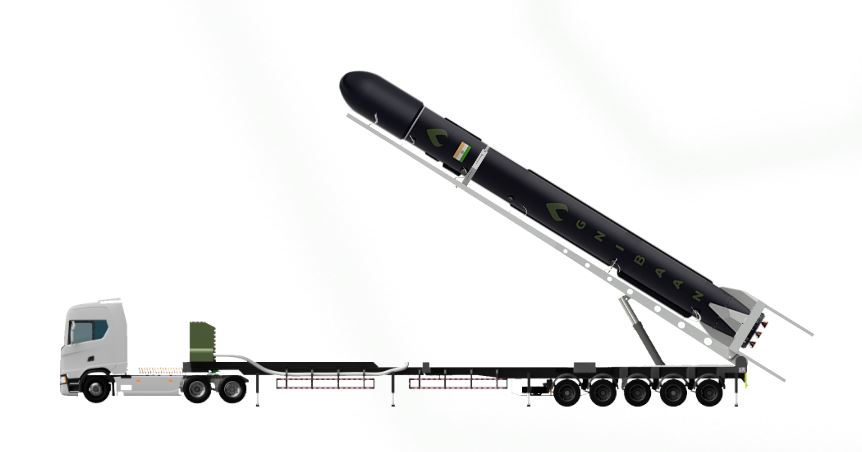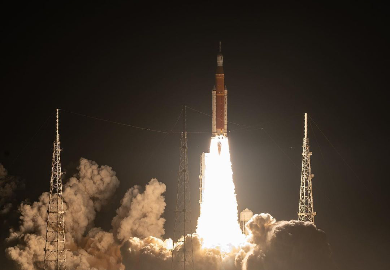 TheTechMedia.com/wp-content/uploads/2020/10/agnikul-agnibaan-rocket-the-tech-portal-300×157.jpg 300w, https://TheTechMedia.com/wp-content/uploads/2020/10/agnikul-agnibaan-rocket-the-tech-portal-768×403.jpg 768w, https://TheTechMedia.com/wp-content/uploads/2020/10/agnikul-agnibaan-rocket-the-tech-portal-380×200.jpg 380w, https://TheTechMedia.com/wp-content/uploads/2020/10/agnikul-agnibaan-rocket-the-tech-portal-800×419.jpg 800w” sizes=”(max-width: 862px) 100vw, 862px”>
TheTechMedia.com/wp-content/uploads/2020/10/agnikul-agnibaan-rocket-the-tech-portal-300×157.jpg 300w, https://TheTechMedia.com/wp-content/uploads/2020/10/agnikul-agnibaan-rocket-the-tech-portal-768×403.jpg 768w, https://TheTechMedia.com/wp-content/uploads/2020/10/agnikul-agnibaan-rocket-the-tech-portal-380×200.jpg 380w, https://TheTechMedia.com/wp-content/uploads/2020/10/agnikul-agnibaan-rocket-the-tech-portal-800×419.jpg 800w” sizes=”(max-width: 862px) 100vw, 862px”>India’s private space industry is witnessing a sudden surge in terms of both innovation, as well as the number of new startups coming up. The Indian Government also provided a much needed push, when privatization of space activities in the country was opened up for the first time.
In news this time, is a Chennai-based Aerospace startup Agnikul Cosmos. Agnikul, which markets itself as specialists in rocket technology, has inked a key partnership with the Alaska Aerospace Corporation to test-launch the ‘Agnibaan’ rocket. The agreement will allow the Indian rocket-maker to test-launch its ‘Agnibaan’ rocket from Alaska Aerospace’s Pacific Spaceport Complex – Alaska on Kodiak Island in the United States. The first such test launch is expected to be executed around the year 2022.
According to the agreement, both the entities will obtain the necessary approvals required from the respective governments. The agreement’s objective is to conduct rocket launches, spaceport procedures, and at least one test-launch from the Pacific Spaceport Complex Alaska.
The rocket in focus, Agnibaan, is currently under development. Once built, it can carry up to 100 kg of payload to low Earth orbits of up to 700 km. The Agnibaan rocket can plug and play engine configuration to match a mission’s needs. The launch from the high altitude Alaska base will be an added advantage, according to Agnikul.
The startup offers a customisable rocket solution as well, allowing customers to “build their own vehicle” basis on the configuration and payload. In terms of launching capabilities, Agnibaan rocket can be launched from the startup’s under-development mobile launch platform named ‘Dhanush’. The ‘Dhanush’ launch platform has been built and conceived as a separate product that enables the process of launching to be reliable and repeatable with consistency.
Agnikul announced the new partnership on Twitter saying, ” It’s exactly 1 year since we presented our #MadeInIndia solution to honorable PM Shri. @narendramodi
ji. Today, humbled to take our homegrown product further as a global solution to customers across the world. Thank you, Alaska Aerospace”.
Srinath Ravichandran, CEO at Agnikul Cosmos said, ” This announcement is further evidence of our company’s steady progress towards launch. This is a great platform for us to demonstrate our Made in India for the world launch services.”
Mark Lester, President of Alaska Aerospace said, “We are thrilled Agnikul has partnered for high inclination flight testing. Agnikul has established itself as a leading rocket technology company”.
Agnikul Cosmos was formally incorporated in 2017 and is based out of the National Center for Combustion R&D at IIT Madras, Chennai. It started developing igniters and thrusters and tested it as well in 2018 as part of Airbus’ aerospace accelerator program. The company also started building launch vehicles that are capable of launching micro and nanosatellites into low earth orbits, and it will do this on-demand from clients.
Recently in July, Agnikul signed an MoU with an Italian aerospace company Leaf Space to conduct its ground station services. It has already partnered with a launch port in South Australia and is aiming to do more such partnerships in near future.
India’s nascent but evolving private aerospace industry has been tasting fair bit of initial success of late. In August, Skyroot became the first private space company in India, to successfully tested its upper stage rocket engine that is capable of multiple restarts. Another Indian space startup Pixxel, in the same month, raised $5 million to deploy its earth imaging satellites later this year.






